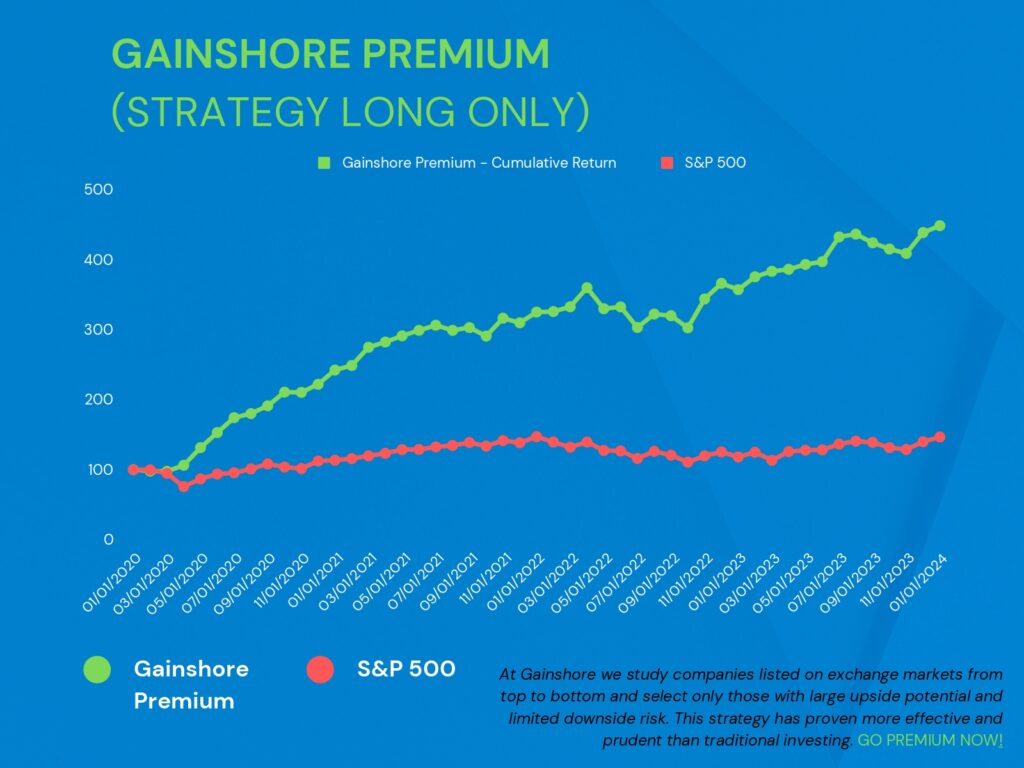The term estate is a synonym for property or land, while real property stands for natural or artificial items physically attached to the ground. Personal property instead refers to any form of property like jewels, vehicles, equipment, etc.
Real Estate consists, therefore, of the land, any permanent structure based on it like housing or buildings, any improvements, whether natural or artificial and the rights inherent to the ownership and usage of the real property; any resource present on the land is usually included in the Real Estate ownership.
It is worth noting that having an interest in real estate but not on the ground, as works in countries like Singapore or Thailand, where you are not allowed to buy the land but only to use it for a limited number of years (generally 99 years) to renew the permit then eventually, is however universally considered as an investment property.
Types of Real Estate
Residential Real Estate
This category includes properties used for residential purposes, like apartments, multi-family homes, villas, condos, residences, and bungalows.
Residential properties are usually less cyclical and susceptible to economic downturns, and their risk-to-return ratio is lower than other types of real estate.
Commercial Real Estate
Commercial Real Estate includes property for business purposes, such as shops, supermarkets, car retailers, care homes, hotels and shopping centres.
Commercial property can be advantageous during economic booms but also have a higher demand sensibility and a higher risk of remaining vacant than residential property.
Industrial Real Estate

Industrial properties are estates exclusively used for manufacturing, producing, storing or distributing physical products. Consequently, industrial properties are tied to the destiny of the industrial area where they reside.
In the last decades, industrial real estate has become more cyclical than commercial property due to being susceptible to national policies and international industrial and trade treaties capable of reshaping entire sectors and encouraging the relocation of part or all of the supply chain in more advantageous countries and industrial areas.
Land
Finally, land ownership is a form of real estate investment considered as such, whether vacant or inclusive of rustic, agricultural and timberland.
Investment in land can be a good source of diversified and stable returns.
Real Estate as an investment
Like other categories of assets, investment in immovable property may yield rental or leasing income and the capital appreciation of increases in property or land prices.
However, real estate has particular characteristics that make it unique. We believe that some of the features of real estate are positive while others are less so, putting real-estate investing at a disadvantage compared to other types of assets, such as financial securities.
Disadvantages of investing in Real Estate
Property investments are nowadays out of reach to many people of the newest generation. House prices have skyrocketed since the zero-interest rate, and massive easing monetary policies took place in the aftermath of the 2008 Lehman-Brothers subprime-led economic crisis.
In 2022, in response to the rising prices of goods and services, central banks were forced to change direction and started tightening the money supply and hiking interest rates as the primary weapon to tame inflation; this, however, has not yet had the effect of weighing negatively on property prices: good news for property owners and a bad one for new home buyers.
Most individuals today are required to enter into 30+ years mortgages – often at variable increasing interest rates (since rates are close to the historical minimum) – to buy a house, which is not great.
Buying a residential property today, with some exceptions, does not reflect the principles of a sound investment strategy for at least the following reasons:
- The most significant investment of one’s own life is concentrated in one single asset,
- Immovable,
- Very illiquid,
- Not fractionable,
- Requiring ongoing maintenance and active management demanding time, cash disbursements and effort,
- Highly influenced by ever-changing and challenging to-predict territorial factors,
- Very risky. In case you want to put the property to income, there is always the adverse possibility of having a tenant who stops paying the rent. In some jurisdictions, such as Italy, it is really complicated, and it takes years to get a tenant who does not pay if he is unemployed or has a wife or dependent children out of the house. Zero revenue and no chance to sell: this is how an investment turns into a liability,
- Highly levered. Home purchases are generally made through a mortgage; hence debt is multiple times the amount of equity posted as a cash deposit for the bank (currently, this ratio is usually 80 mortgage/20 cash, a 400% Debt/Equity ratio or 5x leverage),
- Highly susceptible to a recent threat, namely the risk of spending money to make mandatory improvements to buildings (read more here.) Governments worldwide are enacting laws requiring owners to improve their properties out of pocket to bring them to a minimum level of energy efficiency under the penalty of a ban on renting or selling the property.
Advantages of investing in Real Estate
Owning high-quality, productive real estate can be an excellent way to diversify the investment portfolio and build wealth. Moreover, multi-family real estate is counter-cyclical to recessions in most historical recessionary periods.
As a result, Real Estate it’s often viewed as a safer, more stable investment than stocks.
Real Estate Investment Trusts
While buying an entire residential or commercial property may not be the easiest and wisest way to make money today, there are other ways to be exposed to real estate, like Real Estate Investment Trusts (REITs) or ETFs.
Investing in REITs allows one to buy a fractional share of properties and does not require any property management as that is carried out by experienced real estate investors that put investors’ money to work. For this reason, investing through REITs, Real Estate investment funds (see Alternative Investments), or Real Estate ETFs is passive real estate investing.
Types of REITs
Equity REITs: can invest equity capital in owning land, residential and commercial property and receiving three types of income: dividends, rent and capital gains.
Equity REITs are the most popular form of REIT.
Mortgage REITs: invest in mortgages or mortgage-backed securities, meaning they effectively lend money and earn money from interests.
Mortgage REITs are theoretically less risky than Equity REITs (see why) but face substantial interest rate risk and may have opaque investment structures that let investors underestimate the underlying credit risk.
Hybrid REITs: are a mix of Equity and Mortgage REITs.
How to invest in REITs
Similarly to ETFs, shares in REITs trade publicly on stock exchanges and can be easily purchased through traditional investment platforms.
REITs, like stocks, are liquid and transparent, pay dividends and may appreciate in value.
The most significant advantages of investing in REITs over other real estate passive investment alternatives has to do with the tax advantage specific to REITs, whose dividends – in some jurisdictions like the United States and upon fulfilling certain conditions like distributing no less than 90% of their income to investors – are not taxed at source and hence may offer special tax savings for investors.
Learn more about REITs here: why-and-how-to-invest-in-reits







